Museum Vleeshuis
This former guildhall with a bacon-like exterior is now home to a museum covering 600 years of Antwerp's musical history.
The Vleeshuis or “Meat House” in English, is a guildhall commissioned by the Duke of Brabant constructed during the 13th century. Standing on a slope known as the Bloedberg (Blood Mountain), this building served as a slaughterhouse, indoor market, and was also home to the butchers’s guild of Antwerp.
By the start of the 16th century, the original Vleeshuis had become too small to function efficiently and was in a state of disrepair. The guildhall was thus reconstructed in Late-Gothic style. The building’s outer walls were constructed with sandstone and brick interspersed to resemble the red-and-white layers of streaky bacon.
After the guilds were abolished during the French occupation, the building was used not only as a butcher’s shop, but also a storage area and an art workshop, until the Antwerp city council purchased the building in 1899. It was then repurposed and transformed into the Museum of Antiquities. At its height, Vleeshuis contained well over 80,000 objects.
During the 1970s, musical instruments became a major part of the museum, and eventually, its main focus. Today, visitors to the Vleeshuis should certainly see the, Klank van de Stad (Sound of the City) exhibit, where the history of Antwerp, along with many rare musical instruments, are on full display.


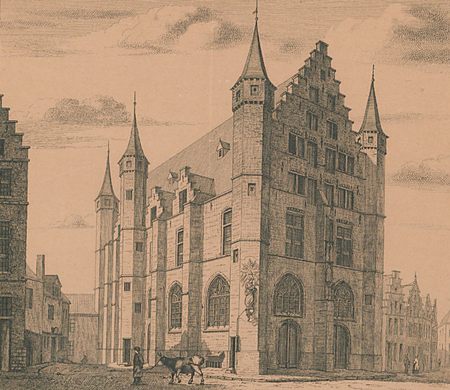
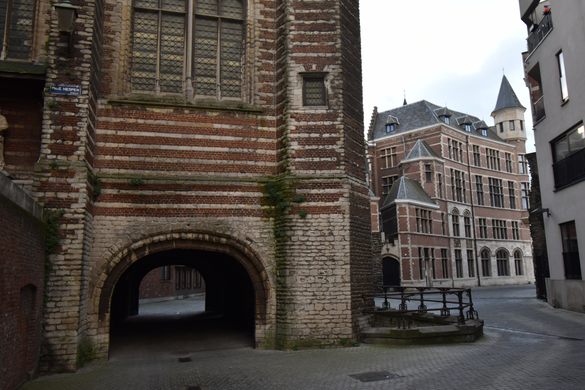
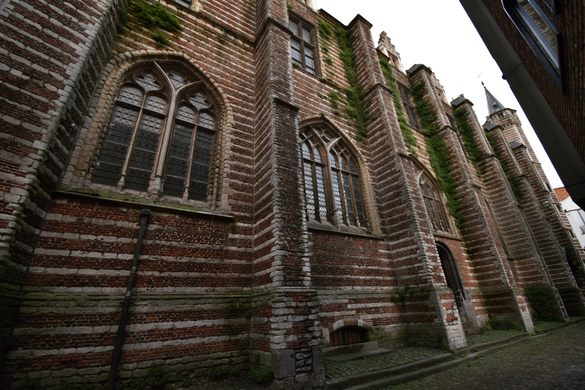
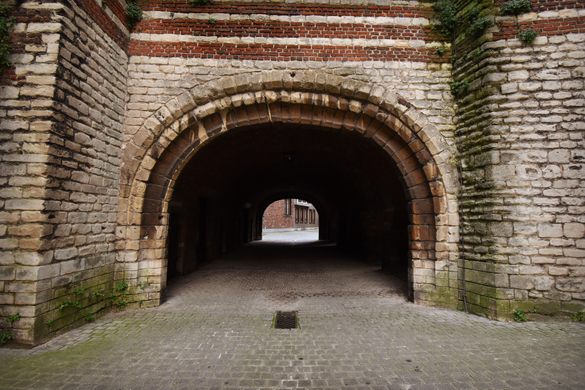
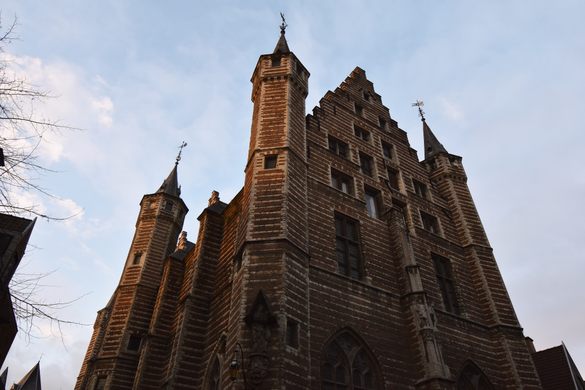
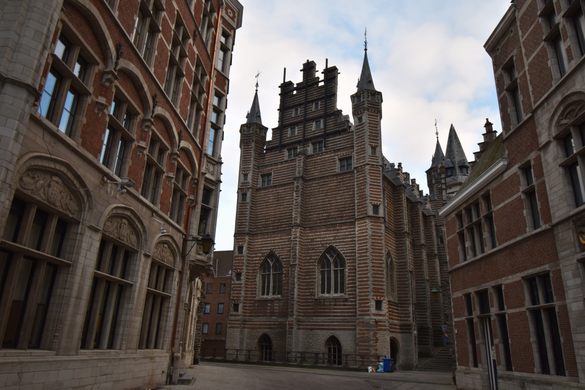
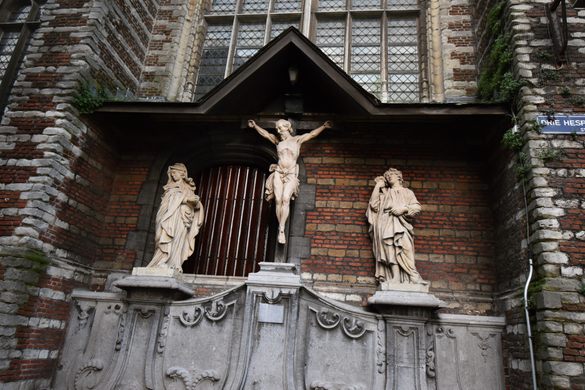





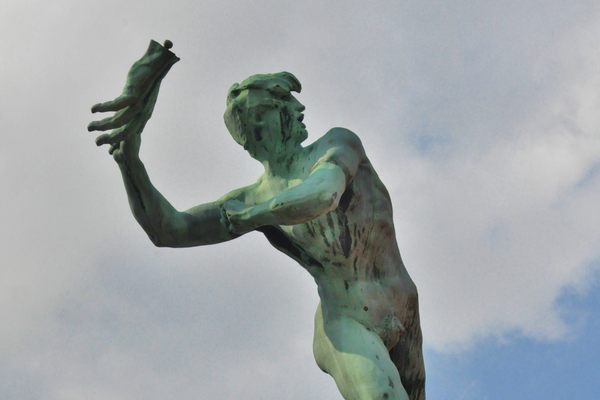
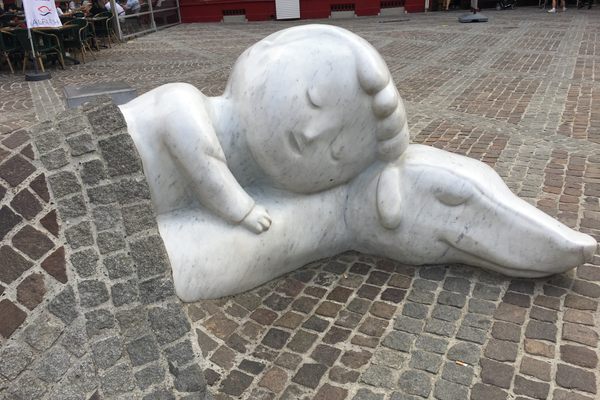

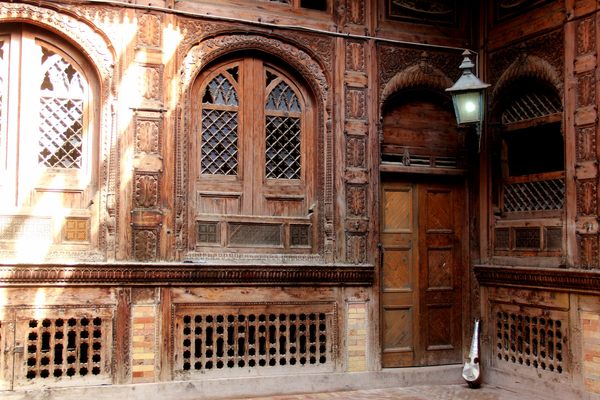

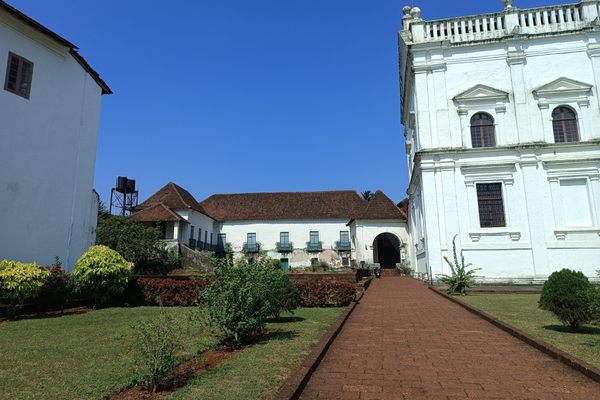

Follow us on Twitter to get the latest on the world's hidden wonders.
Like us on Facebook to get the latest on the world's hidden wonders.
Follow us on Twitter Like us on Facebook